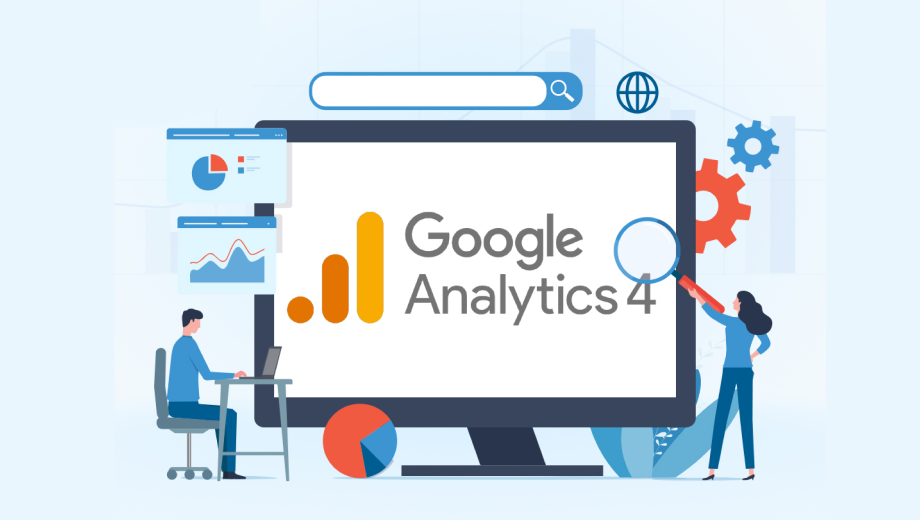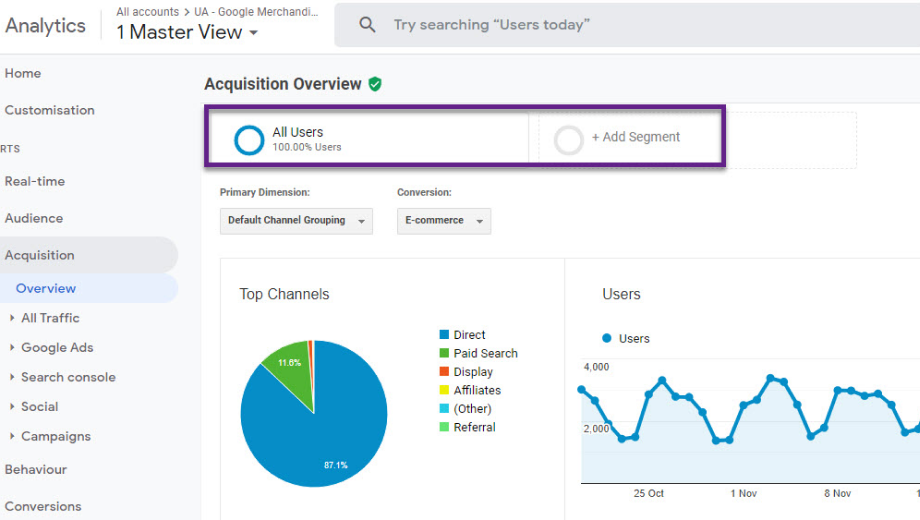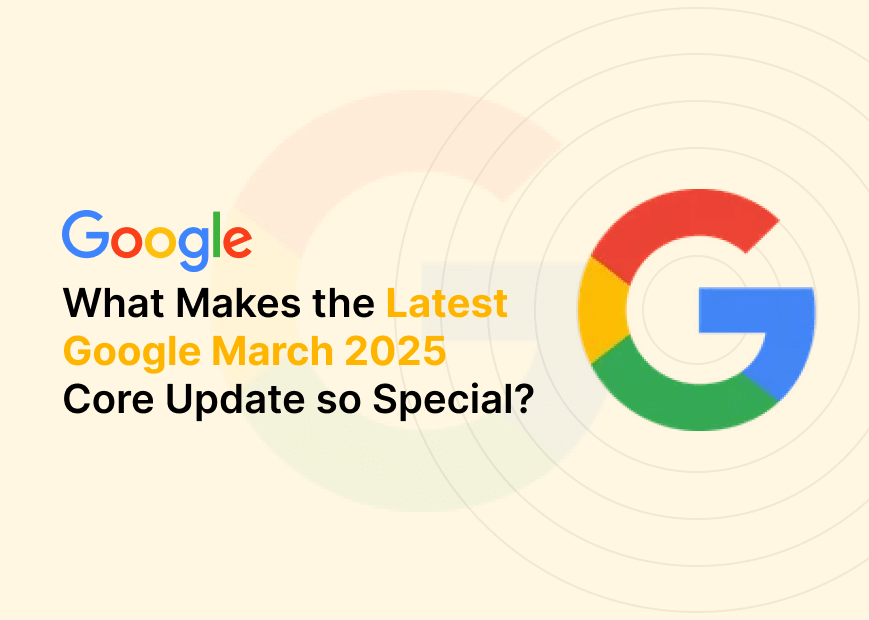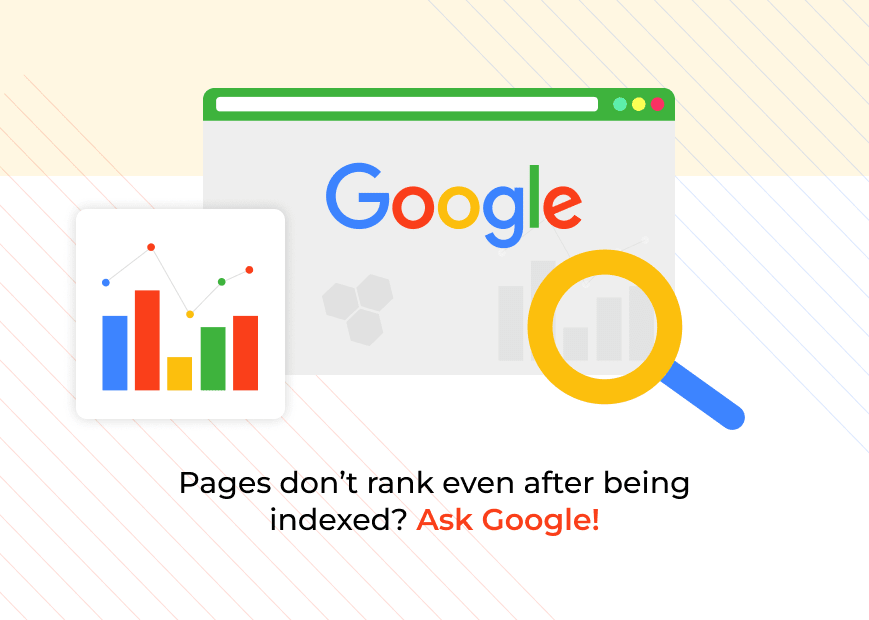Google Analytics 4 Integrates with Google Ad Manager


This comprehensive article explores Google's remarkable advancement in integrating Google Analytics 4 with Google Ad Manager, allowing businesses to utilize third-party segments for targeted advertising. The piece breaks down each component of this technological pairing.
It includes an analysis of the latest iteration of Google's analytics service and the features of Google Ad Manager. The integration empowers businesses to better understand and connect with their audiences, contributing significantly to data-driven decision-making in the current digital marketing landscape.
Google has significantly advanced in integrating Google Analytics 4 with Google Ad Manager. As a result, the search engines allow the use of third-party segments within the Analytics 4 audience. This robust coupling of technology represents a profound shift in the digital landscape. Therefore, businesses can now leverage user data to optimize their advertising strategies.
To fully understand the implications of this change, we must first examine each component separately. This mainly includes breaking down Google Analytics 4, Google Ads Manager, and Third-Party Segments.
Google Analytics 4 (GA4) is the latest iteration of Google’s comprehensive web analytics service. It provides businesses with invaluable insights into their web traffic and measures the efficacy of their online marketing strategies. In addition, it also helps track & analyze important metrics like user behavior, website performance, and conversion rates.
.png)
On the other hand, Google Ad Manager is a popular platform for managing, selling, and delivering online advertising. It allows businesses to manage their ads across multiple channels, including websites, mobile applications, and video content. It is also a comprehensive solution for advertisers looking to maximize the reach & efficiency of their campaigns.

Coming to Third-Party Segments refers to audience data gathered from external sources to the company's database or direct interaction. This could include data from partner websites, data brokers, or external platforms.
This new integration lets you connect your Google Analytics 4 property with Google Ad Manager. A specific process begins when the Google signals are activated, and ads personalization is turned on in the link settings. This process leads to audiences being automatically exported to Ad Manager.
This means that all the rich audience data you have collected through GA4 can now be used for targeting. You can use these audiences as they are or combine them with other audiences for a more personalized approach.
For instance, if you have identified a user segment in GA4 that frequently visits your website but hasn't made a purchase. You can now directly target these users with personalized ads via Google Ad Manager. This streamlined process allows businesses to create more targeted & effective ad campaigns.
Moreover, the integration also allows for a more detailed analysis of your audiences within Ad Manager. You can examine how different audience segments interact with your ads and identify patterns. Using these insights, you can fine-tune your advertising strategy.
In essence, this integration simplifies the process of exporting & importing audience data between platforms. In addition, it also empowers advertisers with deeper & more actionable insights. It's a fantastic development highlighting Google's continuous dedication to enabling more data-driven, intelligent advertising. Tools that seamlessly link & augment various data sources become crucial in the current landscape. This is especially true as firms use data to guide their marketing campaigns.
In conclusion, this update represents a game-changer rather than merely a technological integration. There are numerous options for businesses to better understand & connect with their audience by utilizing GA4's comprehensive audience insights within Google Ad Manager. In addition to highlighting the growing significance of data-driven decision-making in the current digital marketing environment, it also serves to reaffirm Google's commitment to supporting these capabilities.



